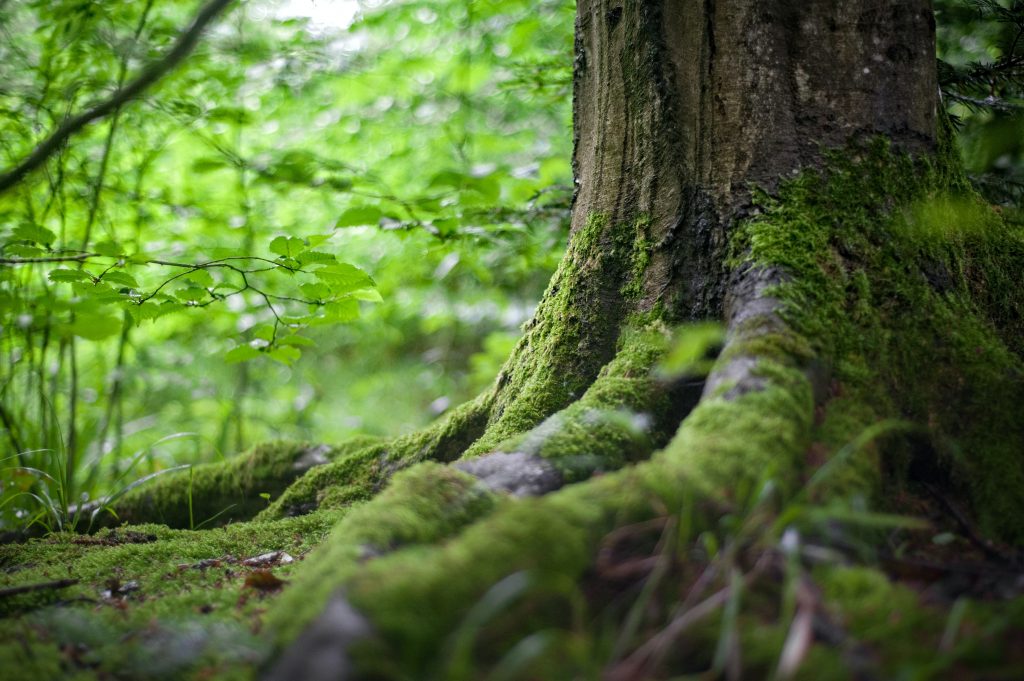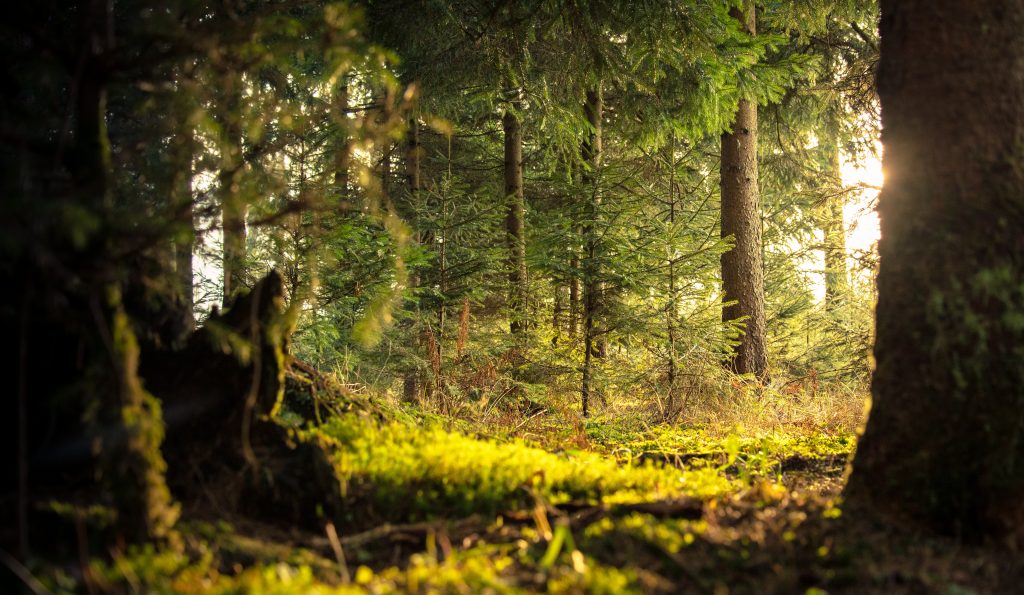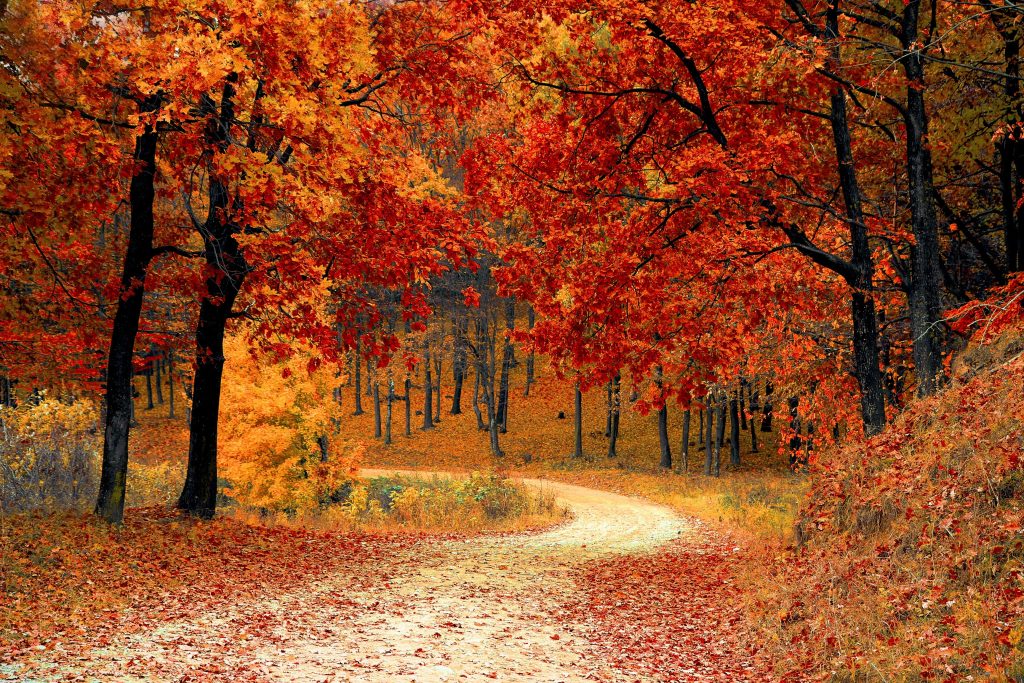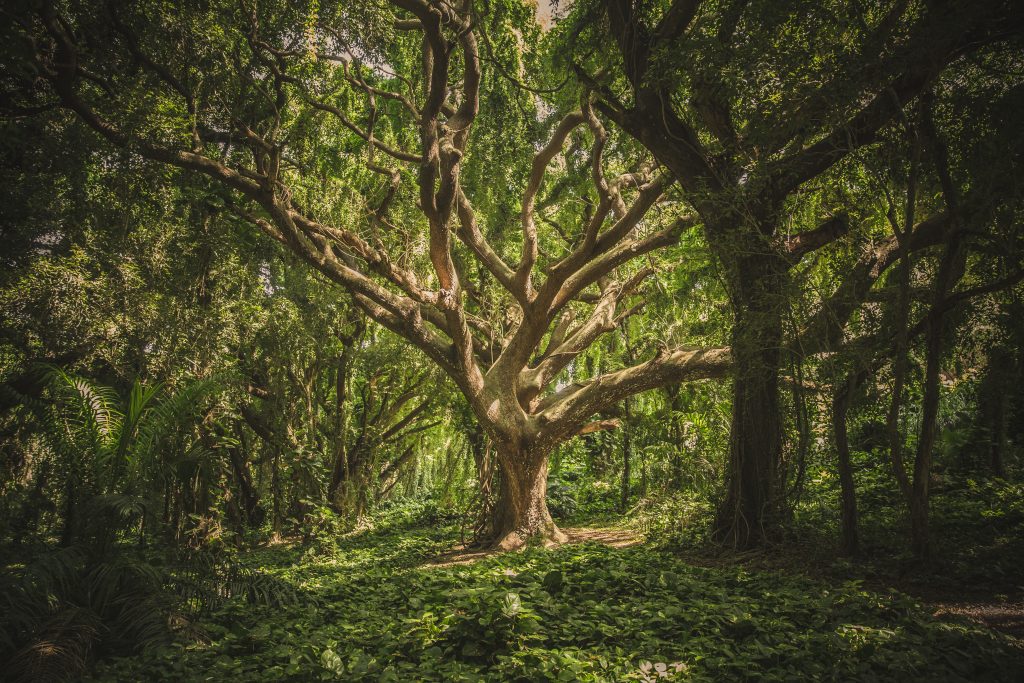THE EDUCATION OF NATURE (THREE YEARS SHE GREW) by WILLIAM WORDSWORTH
WILLIAM WORDSWORH’s Lucy Poems are a collection of five poems composed in Germany between 1798 and 1801. Long has been discussed whether Lucy was a real woman or a fragment of the poet’s imagination. Wordsworth never revealed her true identify or upbringing. ‘Education of Nature’ is one of the ‘Lucy poems.’ Nature provided Wordsworth with inspiration and spirituality. In this poetry, Nature adopts Lucy as her kid and decides to raise her under her care. Lucy, dies suddenly, leaving the poet sad. Nature has a special place in this poem since she is both beautiful and generous. The poem becomes a magnificent elegy addressed to a deceased woman whom Wordsworth admired not only for her beauty, but also for her connection to nature, which he thought as a great achievement. According to the poet, nature has an ennobling and spiritual capacity to guide humanity, as proven by this poem.

The speaker does not say anything until the last stanza. He simply expresses nature’s claims and promises in the first six stanzas. The poet finds that Lucy died before she reached adulthood and that is why the poet speaks only towards the end. Let’s read the poem first.
THE EDUCATION OF NATURE (THREE YEARS SHE GREW)
Three years she grew in sun and shower,
Then Nature said, “A lovelier flower
On earth was never sown;
This Child I to myself will take;
She shall be mine, and I will make
A Lady of my own.
“Myself will to my darling be
Both law and impulse: and with me
The Girl, in rock and plain,
In earth and heaven, in glade and bower,
Shall feel an overseeing power
To kindle or restrain.
“She shall be sportive as the fawn
That wild with glee across the lawn
Or up the mountain springs;
And hers shall be the breathing balm,
And hers the silence and the calm
Of mute insensate things.
“The floating clouds their state shall lend
To her; for her the willow bend;
Nor shall she fail to see
Even in the motions of the Storm
Grace that shall mould the Maiden’s form
By silent sympathy.
“The stars of midnight shall be dear
To her; and she shall lean her ear In many a secret place
Where rivulets dance their wayward round,
And beauty born of murmuring sound
Shall pass into her face.
“And vital feelings of delight
Shall rear her form to stately height,
Her virgin bosom swell;
Such thoughts to Lucy I will give
While she and I together live
Here in this happy dell.”
Thus Nature spake—The work was done—
How soon my Lucy’s race was run!
She died, and left to me
This heath, this calm and quiet scene;
The memory of what has been,
And never more will be
WILLIAM WORDSWORTH
William Wordsworth was a famous nature poet. He penned many poems on nature. Wordsworth was the finest creator of nature poems. He admires the natural world. Nature, he believed, had a live personality. He thought that all of Nature’s objects are influenced by the divine. Nature, according to Wordsworth, brings bliss to our hearts. Nature was spiritualized by him, and he saw her as a great moral teacher, a mother, a guardian, a nurse to man, as well as an elevating influence. He felt that there is a spiritual communication, or ‘mystic intercourse’ between man and nature. Human beings who grow up in the company of nature, according to the poet, are ideal in every way.

The poem “The Education of Nature” is one of his “Lucy poems,” and whether Lucy was based on a real woman or a creation of the poet’s imagination has long been a point of contention. Wordsworth never revealed anything about her background or identity. Nature takes Lucy as her child and decides to raise her under her care in this poem. But, just as she reaches adulthood, she dies unexpectedly, leaving Nature and the poet devastated.
The poet simply explains Nature’s proclamation that he has decided to adopt Lucy and bring her under her care in the first stanza. Lucy will be transformed into a perfect woman by nature. She teaches her and helps her develop into a beautiful woman. Lucy grew in the light and rain when she was just three years old, according to the poet. Nature decided to adopt her and raise her as a lady in her own way. Nature will educate her in all of her virtues of elegance and beauty in order for her to mature into a lovely lady.

The poet uses a complicated conflict of imagery in the second stanza to illustrate Lucy’s relationship with Nature. To portray the contrasting forces at work in nature, Wordsworth utilises antithetical pairings of phrases such as “sun and shower,” “law and impulse,” “earth and heaven,” “kindle and restrain,” “glade and bower,” and “kindle and restrain.” Nature exposes the tactics she would use to achieve her goals. Lucy is presented with both laws and regulations, as well as the innate instincts that govern all human behaviour. In rock and plain, earth and heaven, glade and bower, she will sense an overseeing authority. Lucy’s constant presence would inspire noble and sublime sentiments in her. It would also control and regulate her impulsive behaviour. Lucy will not be able to obey the laws of nature. Nature would allow her instincts to be controlled by it. Lucy has the potential to become a part of nature. She will be a part of the rocks, earth, heaven, glades, mountain springs, clouds, trees, and storms.

In the following stanza, the poet compares Lucy as a playful fawn running across the lawn or up the springs. Lucy is free to move around like a deer running across the yard or up the springs. Nothing could enrage her, and she would experience the peace and serenity generally associated with lifeless objects.
Lucy is compared to floating clouds, willow, and storms in the fourth stanza. The moving clouds would teach her how to move freely. She’d learn from the willow’s adaptability. The bend in the tree below will teach her modesty and humility. Storms will teach her how to be elegant and graceful. Even in the midst of the storm, her perceptive mind would be able to recognise patterns and models of human life that are generally associated with inanimate things, and acquire pity for people.

Nature allows Lucy to appreciate the beauty of the midnight stars and to lead her to numerous hidden locations where she can learn to be happy even in the face of adversity. She would enjoy the murmurous sounds of the rivulets as they repeated their dance. The beauty of Nature’s sights and noises would travel through her face, endowing it with angelic appeal.
Nature would offer Lucy with “vital sentiments of delight” that would “raise her figure to stately height” and make her virgin bosom swell when they resided in the little valley. Nature would aid her in her physical and mental development into a lovely woman. The poet expresses just Nature’s statements and promises till the fifth stanza. Lucy grew into a perfect woman, endowed with lovely and noble attributes, as Nature had promised.

Nature says that her work is over in the final stanza: she has kept her promise to Lucy by allowing her to blossom into a mature woman. But, as soon as she reached adulthood, she died. Hence the poet was heartbroken. In the final stanza, the poet shows his grief by declaring, “How fast my Lucy’s race had run!” When she dies, she leaves the speaker in a calm and tranquil scene.
Nature plays an intriguing part in this poetry as a result of this. The poem evolves into a lovely elegy addressed to a dead woman whom Wordsworth admired not only for her beauty but also for her connection to nature, which he considered a great achievement. According to the poet, Nature had a spiritual and ennobling potential to guide humanity.

